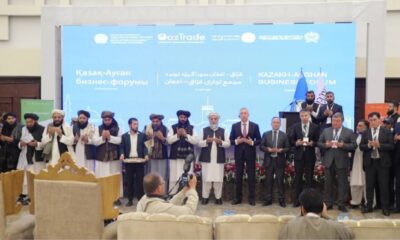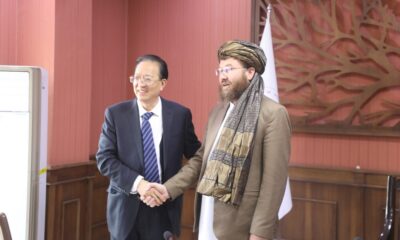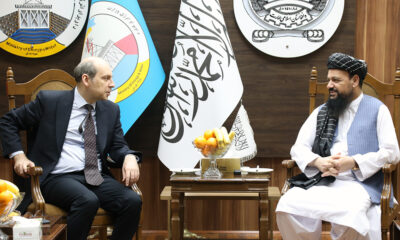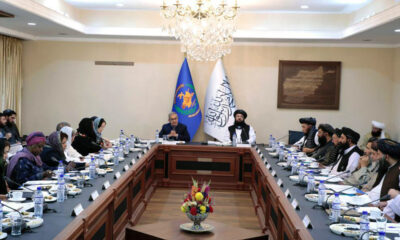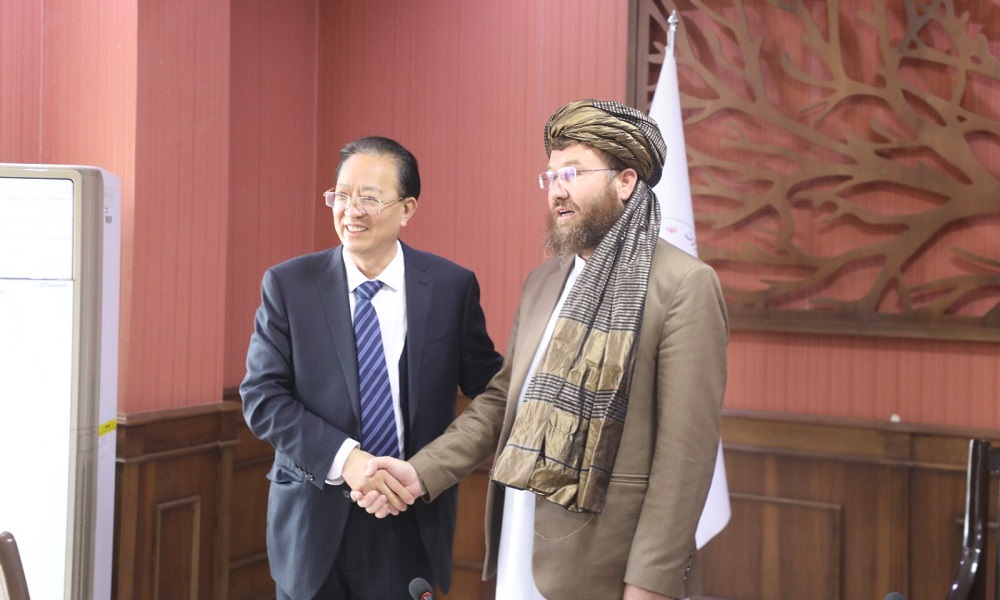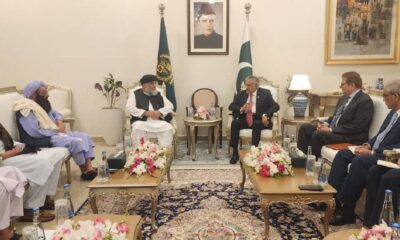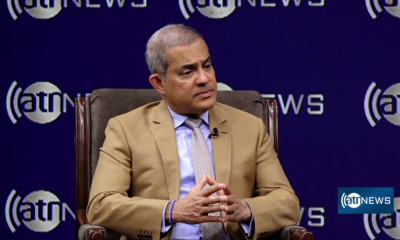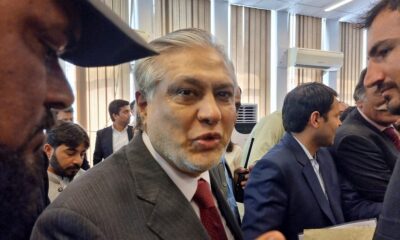(Last Updated On: )An Afghan-American attorney, Mary Kabir-Seraj Bischoping, has been named deputy assistant secretary of state for Afghanistan and will oversee Washington’s foreign policy on Afghanistan under the Bureau of South and Central Asian Affairs at the US State Department.
Previously, US engagement on Afghanistan was led by Thomas West, former Special Representative for Afghanistan, and Rina Amiri, who served as Special Envoy for Afghan Women, Girls, and Human Rights.
Bischoping, 33, is a descendant of the Barakzai royal dynasty, which ruled Afghanistan from 1823 to 1978 and is the great-granddaughter of King Amanullah Khan and Queen Soraya Tarzi. Her grandmother was Latifa Kabir Seraj, one of Afghanistan’s first female journalists.
Bischoping, is her married name, which comes from her German-American husband. She was born and raised in California.
According to a biography released by the University of Virginia, Bischoping’s family fled Afghanistan after the Soviet invasion in 1979. Her parents completed their education in Europe before settling in Southern California.
Bischoping earned her undergraduate degree in Political Science from the University of California, Los Angeles (UCLA) in 2016 and later received her Juris Doctor (JD) from the University of Virginia School of Law. She is fluent in English, Persian and German.
Following the US withdrawal from Afghanistan in 2021, Bischoping joined the Office of the Legal Adviser at the State Department. In 2023, she was appointed Senior Counsel to the U.S. House Foreign Affairs Committee, where she led Republican-led oversight investigations into the Afghanistan withdrawal and advised on regional strategy.
Prior to her Congressional role, Bischoping served as a legal adviser at the State Department, clerked for Judge Kent A. Jordan on the U.S. Court of Appeals for the Third Circuit, and worked at major law firms including Gibson, Dunn & Crutcher and Willkie Farr & Gallagher in New York.
Her appointment to this high-level diplomatic post reflects a combination of legal expertise, policy experience, and a personal understanding of Afghanistan’s complex history—positioning her to play a key role in shaping future U.S. engagement with the region.



